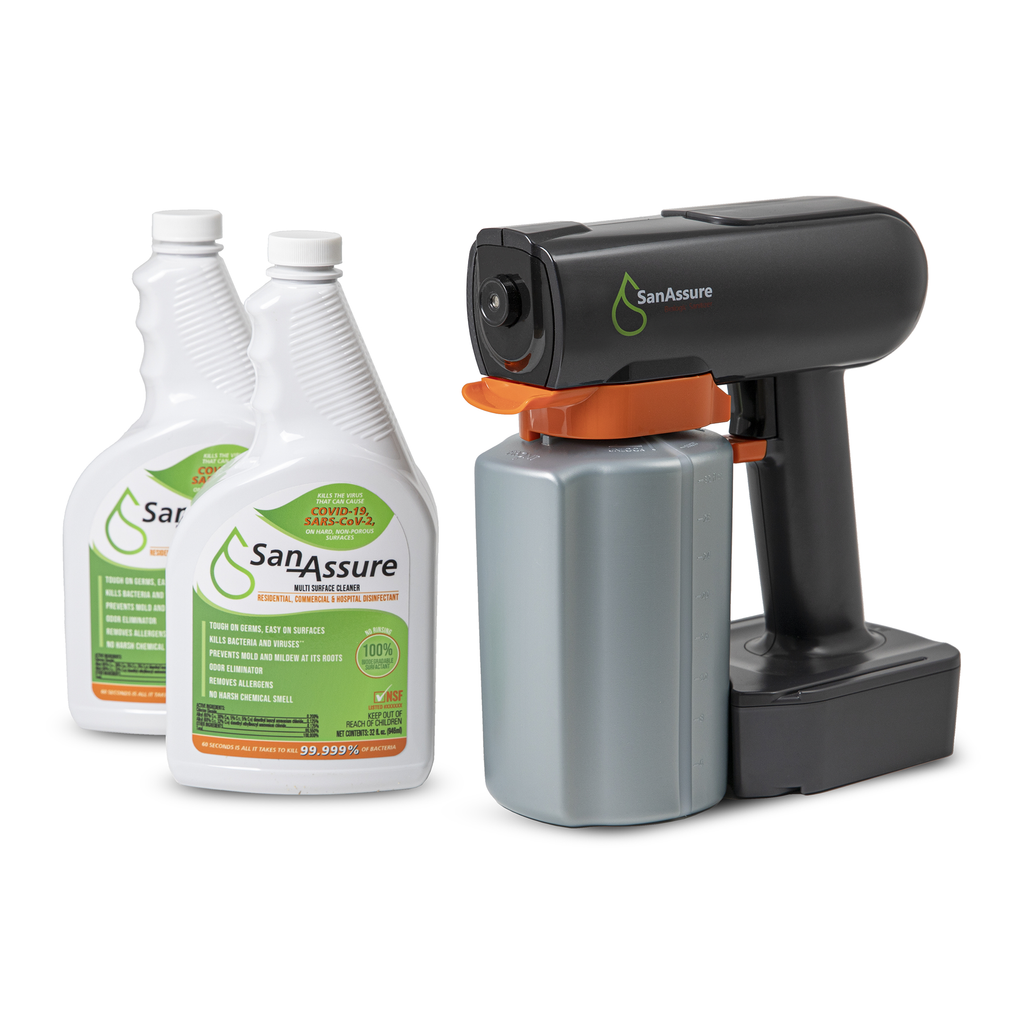As we enter 2024, concerns about norovirus outbreaks loom large on the public health agenda. Norovirus, often dubbed the "winter vomiting bug," is notorious for its rapid spread and debilitating symptoms. With cases on the rise nationwide, understanding the current trends and adopting effective preventive measures is paramount to safeguarding public health.
National Trends for Norovirus
Recent data from public health agencies across the nation reveal a concerning uptick in norovirus cases. The virus, notorious for its ability to survive on surfaces and in the environment for extended periods, thrives in crowded spaces and colder temperatures typically observed during winter months.
Experts attribute the rise in norovirus cases to various factors, including increased international travel, changes in climate patterns, and evolving strains of the virus. Additionally, challenges in maintaining stringent hygiene practices, especially in communal settings such as schools, healthcare facilities, and cruise ships, contribute to the heightened risk of outbreaks.
Preventing Norovirus Spread:
While norovirus outbreaks can be disruptive and widespread, preventive measures can significantly mitigate its impact. Here are some key strategies to prevent norovirus spread:
1. Hand Hygiene: Regular handwashing with soap and water for at least 20 seconds remains one of the most effective ways to prevent norovirus transmission. Alcohol-based hand sanitizers can also be used when soap and water are not readily available.
2. Surface Disinfection: Proper disinfection of frequently touched surfaces, such as doorknobs, countertops, and shared electronic devices, is crucial in preventing the spread of norovirus. Using disinfectants proven to be effective against norovirus is essential.
3. Food Safety: Practicing good food hygiene, including thorough cooking of shellfish and proper handwashing during food preparation, helps prevent norovirus contamination of food and subsequent outbreaks.
4. Isolation and Quarantine: Individuals experiencing symptoms of norovirus, such as vomiting and diarrhea, should avoid close contact with others to prevent transmission. Prompt isolation and quarantine measures in outbreak settings can help contain the spread.
5. Public Awareness and Education: Educating the public about norovirus transmission, symptoms, and preventive measures empowers individuals to take proactive steps to protect themselves and others.
San-Assure: Revolutionizing Home Sanitization:
In the fight against norovirus and other infectious pathogens, innovative solutions such as San-Assure offer promise in enhancing home sanitation practices. San-Assure, a cutting-edge home sanitization system, eliminated 99.9% of bacteria and viruses, including norovirus, from household surfaces.
Unlike traditional cleaning methods, which may fall short in thoroughly disinfecting surfaces, San-Assure provides a comprehensive for maintaining a hygienic home environment. Its user-friendly design and efficiency make it an indispensable tool in the battle against norovirus and other infectious diseases.
As norovirus continues to pose a significant public health threat in 2024, understanding national trends and implementing proactive preventive measures are paramount. By prioritizing hand hygiene, surface disinfection, and leveraging innovative solutions like San-Assure, individuals and communities can effectively combat the spread of norovirus and safeguard public health. Together, let us strive to create a healthier and safer environment for all.
